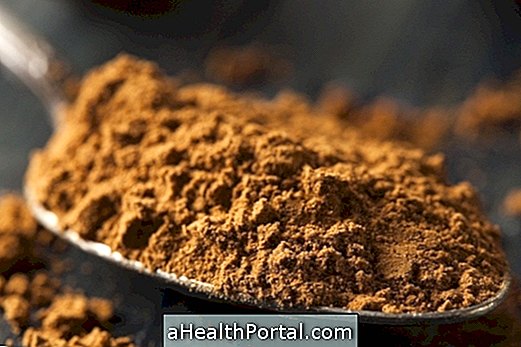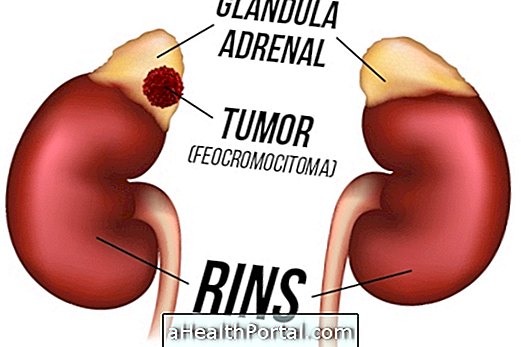Cinnamon stimulates the brain and can help prevent Alzheimer's because it contains cinnamaldehyde, coumarin and tannins that are able to inhibit the accumulation of toxins in the body, including the brain, acts on the tau protein, which is involved in Alzheimer's disease and yet helps to reduce oxidative stress and inflammation, decreasing the likelihood of the person developing Alzheimer's, which is progressive loss of memory.
Several scientific researches have been conducted to evaluate how spices such as cinnamon, ginger and turmeric may help in the prevention and treatment of dementia, but despite the positive results that have been found, further research should be done to further this knowledge and to test the effect of the extract cinnamon in humans, so that the pharmaceutical industry can create a drug using cinnamon as an active ingredient.
With these studies it can be concluded that regular consumption of cinnamon may help in the prevention of Alzheimer's, but it can not be said that consumption of cinnamon powder or stick in a homemade way is sufficient to prevent dementia or that it is beneficial in the treatment of this disease and, therefore, those who suffer from this disease should continue to be treated with the medicines prescribed by the doctor.

How to use cinnamon to prevent Alzheimer's
To help prevent Alzheimer's, it may be helpful to eat cinnamon regularly at all meals, but it is also essential to keep the brain stimulation by studying, reading books, and playing games that stimulate cognition, such as crossword puzzles.
Some suggestions for using cinnamon are:
- Sprinkle cinnamon on baked fruit such as apple, pear or banana;
- Take a tea that can be made with 500 ml of water and 1 stick of cinnamon;
- Add the cinnamon powder in the oatmeal, which even helps in controlling the blood sugar rate.
Another way may be to buy the cinnamon capsules and take from 500 mg to 1g per day, or according to medical advice, because the daily dose of safety is 2 grams daily.
Although anyone can develop mental illnesses like Alzheimer's, the people who have the greatest chances are those who have direct relatives, such as parents or grandparents. For these regular consumption of good daily doses of cinnamon, may be even more indicated.
The contraindications of cinnamon include women who are pregnant or suspected of pregnancy because it promotes uterine contraction and may be harmful to the fetus, and its use should also be decreased in case of gastric or intestinal ulcers.
See other benefits of cinnamon in the following video:





















